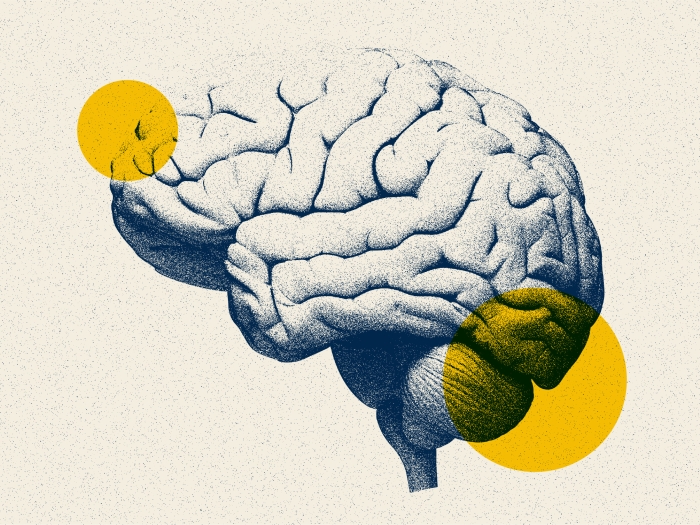Showing 46-60 of 63 results

Health Lab
Use and confidence are lower in those with lower incomes or lower levels of physical or mental health

Health Lab
Research finds higher blood sugar linked to faster loss of brain power in stroke survivors.

Health Lab
Stopping or reducing doses of prescription medicine, also called deprescribing, is something many older adults would like to do, and some have already done without medical guidance. Medication reviews could help.

Health Lab
While higher income improves maternal and infant health over time, it’s not enough to offset the impact of race, according to new research. In addition, although higher-income mothers and their babies ultimately end up with better health outcomes, they actually start out with more difficulties. And regardless of wealth, maternal and infant health in the United States lags behind Sweden.

Health Lab
Older adults are less likely to feel isolated now than at the height of the pandemic, but levels of loneliness are still high.

Health Lab
Hospice, palliative care, end-of-life decisions, long-term care insurance and durable power of attorney are all things people with serious health issues should think about.
News Release
The American Association for the Advancement of Science elected 17 University of Michigan faculty and staff members as 2022 Fellows.

Health Lab
Highly processed foods can act on the brain in ways that spark cravings, emotional reactions and signs of addiction, and a new poll shows how many older adults experience this.

Minding Memory
In this episode we discuss what’s known about the association between personality type and cognitive function. Further, the idea of resilience—or what protects the cognition of individuals with a high level of neuropathology associated with cognitive decline—might have important implications for dementia prevention. Our guests are Dr. Eileen Graham and Dr. Dan Mroczek. Drs. Graham and Mroczek are both faculty at Northwestern University with interests in how personality factors influence physical and cognitive health over the life course.

Health Lab Podcast
A poll shows strong support for clinics’ efforts to screen for, and providing support for, social determinants of health.

Minding Memory
If you’re new to dementia research, you’ll soon come to find that most research papers on dementia start off something like this: “In the United States there are 5.8 million individuals living with dementia and this is expected to increase to 13 million by 2015. . . .” In this episode we discuss the study on dementia prevalence that has been cited thousands of times with one of the authors. Dr. Jennifer Weuve from Boston University joins us today. We also talk more broadly about what makes a research paper highly citable in general.

Minding Memory
Our guest in this episode is Dr. Sara Adar. She is an associate professor at the University of Michigan School of Public Health in the department of epidemiology. Dr. Adar was the senior author on a study titled “Long-term community noise exposure in relation to dementia, cognition, and cognitive decline in older adults” that was published in the journal Alzheimer’s & Dementia. The study used data from the Chicago Health and Aging Project to examine the association between exposure to community noise and cognitive impairment. We talk with her about how exposure to noise affects cognition.

Minding Memory
Often research studies consider dementia as either present or absent, while others specify particular types of dementia. For example, what exactly is frontotemporal dementia? In this episode, we talk with Dr. Henry (Hank) Paulson, who directs the Michigan Alzheimer’s Disease Center, to introduce listeners to the most common types of dementia and hear about some of their defining features. For those of you without clinical backgrounds, consider this your crash course on the types of dementia.

Minding Memory
In this episode we continue our discussion of the implications of the approval of Aducanumab. Our guest this week is Professor Nicholas Bagley. Prof. Bagley is a professor of law at the University of Michigan Law School and a contributing writer to the Atlantic. Recently he wrote an article titled “The Drug that Could Break American Health Care” that discusses some of the broader (unintended) consequences of the approval of Aducanumab. In this episode we discuss some of the broader cost implications of the new drug.

Minding Memory
Aducanumab is a new drug designed to remove amyloid in the brain. Following an accelerated process, the Food and Drug Administration approved Aducanumab as a treatment for Alzheimer’s disease despite (what many experts feel) little evidence of effectiveness. In this episode we discuss the approval of Aducanumab with Dr. Jason Karlawish from the University of Pennsylvania and talk about what it could mean for drug discovery going forward.